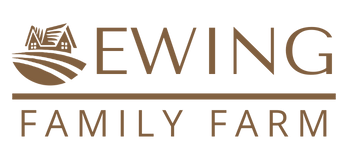The other night, Anne and I were sitting around after supper, watching a few news clips on YouTube, as we often do to wind down. That’s when we came across a story that stopped me in my tracks. It wasn’t about farming here in Canada, but over in the UK, where the government is proposing a new inheritance tax on farms. The idea is that children would have to pay 20% of the farm’s value in taxes when their parents pass away.
For me, this isn’t just a story about taxes—it’s one that hits incredibly close to home. With my dad’s passing earlier this year, I’ve thought a lot about what it means to pass down a farm. Our family farm has been in the family since the 1870s, and it’s so much more than land or equipment. It’s the sweat, tears, and stress of generations who’ve kept it going. The value isn’t in the money—it’s in the opportunity it provides. It’s a livelihood, a connection to the past, and a future we work hard to preserve.
For people outside farming, this can be hard to understand. They see a farm as a pile of assets, like cash in the bank. But a farm isn’t something you spend—it’s something you care for, nurture, and pass on. Here on our farm, I’ve always felt like I’m just borrowing it for my lifetime, doing my best to take care of it so it’s ready for the next generation.
The idea of an inheritance tax on farms breaks my heart. How can a family keep their farm if they have to sell off land or equipment just to pay taxes? It’s policies like this that threaten small family farms and pave the way for more industrial operations to take over. The kind of farming that we love—the kind that connects families to the land and communities to their farmers—could be lost.
But as heavy as these thoughts feel, they remind me how much I have to be grateful for. We’ve been blessed to keep this farm in the family for so many years, and your support plays such a big part in making that possible. Every time you buy from us or even just follow along on our journey, you’re helping us continue this legacy—and for that, we are truly thankful.
Farmer Rod
